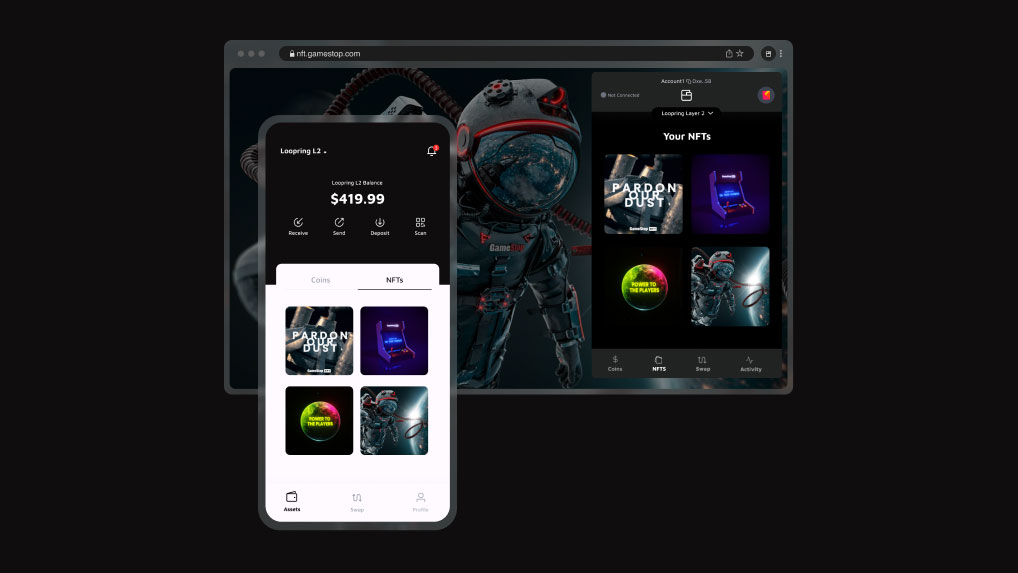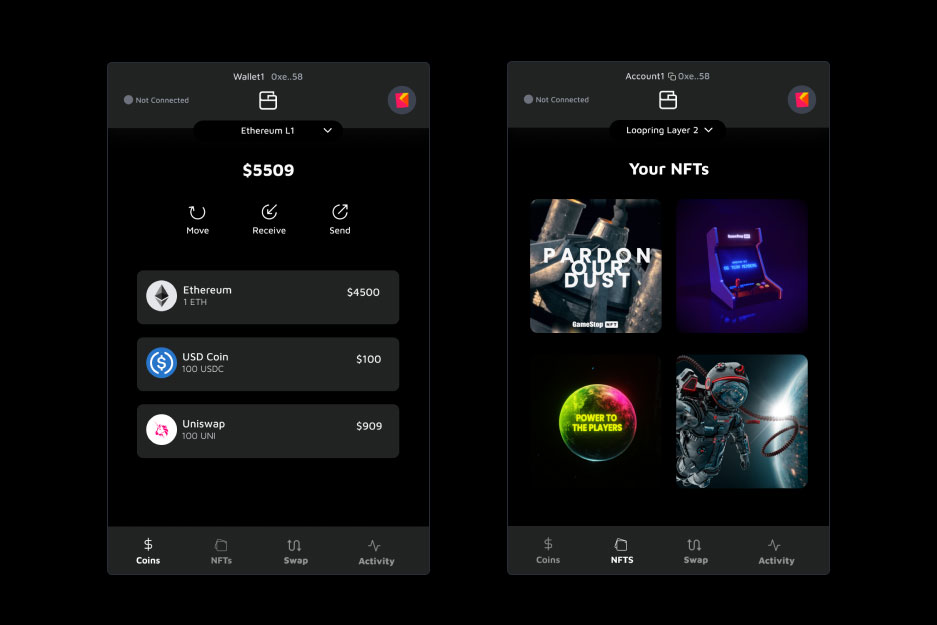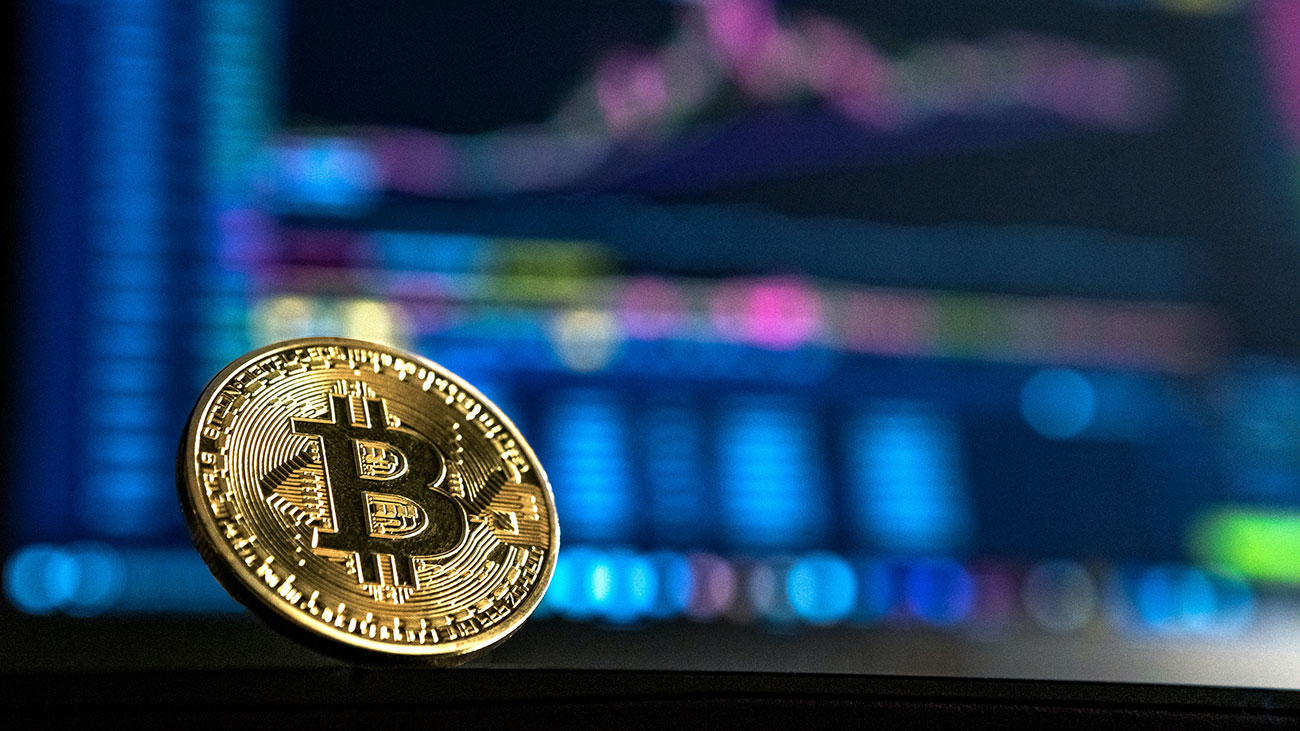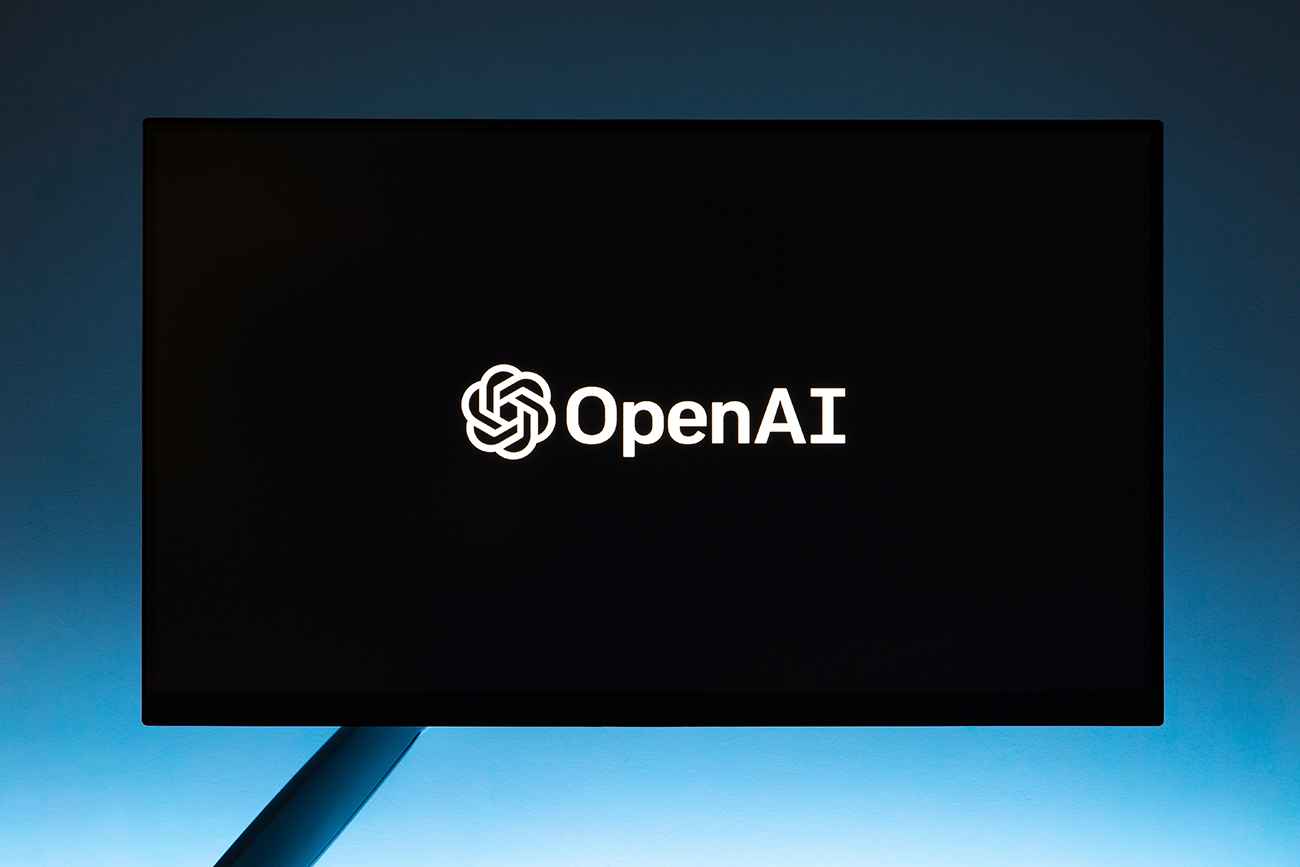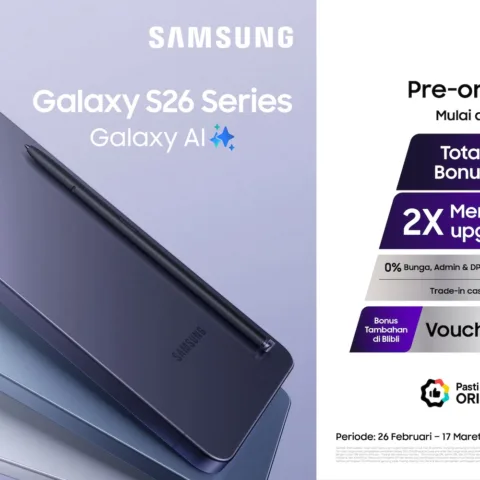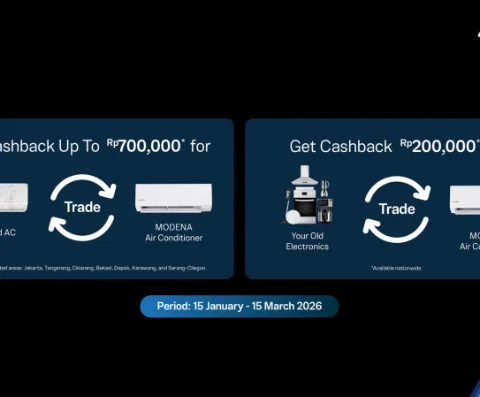Popular video game retailer GameStop is doubling down on its web3 efforts. It recently launched GameStop Wallet, a digital crypto wallet that can be used to store, send, and receive both cryptocurrencies and non-fungible tokens (NFTs) across the Ethereum network. The wallet is already available in beta as an extension for the Chrome browser, but GameStop also plans to release it as an iPhone app sometime in the future.
To execute transactions, GameStop Wallet uses Loopring, a Layer 2 scaling solution built on top of Ethereum that is designed to significantly reduce the blockchain’s notoriously exorbitant gas fees. On its website, GameStop cites that the average transaction fee using Loopring usually only amounts to $0.75, compared to $65.75 without.
GameStop Wallet falls under the category of non-custodial wallet, meaning users are responsible and in full control of their assets. Just like with other popular non-custodial crypto wallets such as MetaMask, users will also need to hold their private key on their own with GameStop Wallet. This kind of setup is less prone to hacker attacks, however losing the key means losing access to the wallet entirely.
GameStop Wallet supports all Ethereum-based assets: ETH, ERC-20, ERC-721, and ERC-1155. Users are also allowed to swap between ETH and ERC-20 tokens on both Ethereum Layer 1 and Loopring Layer 2.
The best use case for GameStop Wallet is obviously for trading NFTs on GameStop’s own upcoming NFT marketplace. The gaming-focused NFT marketplace was first announced by GameStop in February, and is now scheduled to become available sometime in the second quarter of 2022, according to the press release.
Interestingly, while GameStop Wallet uses Loopring, GameStop’s NFT marketplace will rely on Immutable X, which is another Layer 2 protocol created for the same objective of lowering the fees associated with any transaction happening within the Ethereum network.

